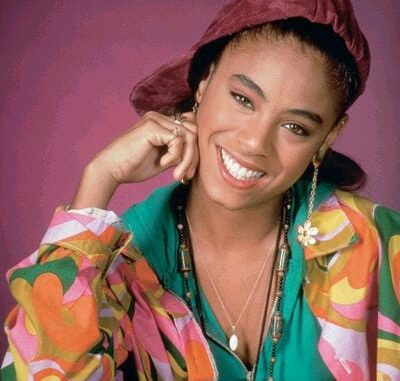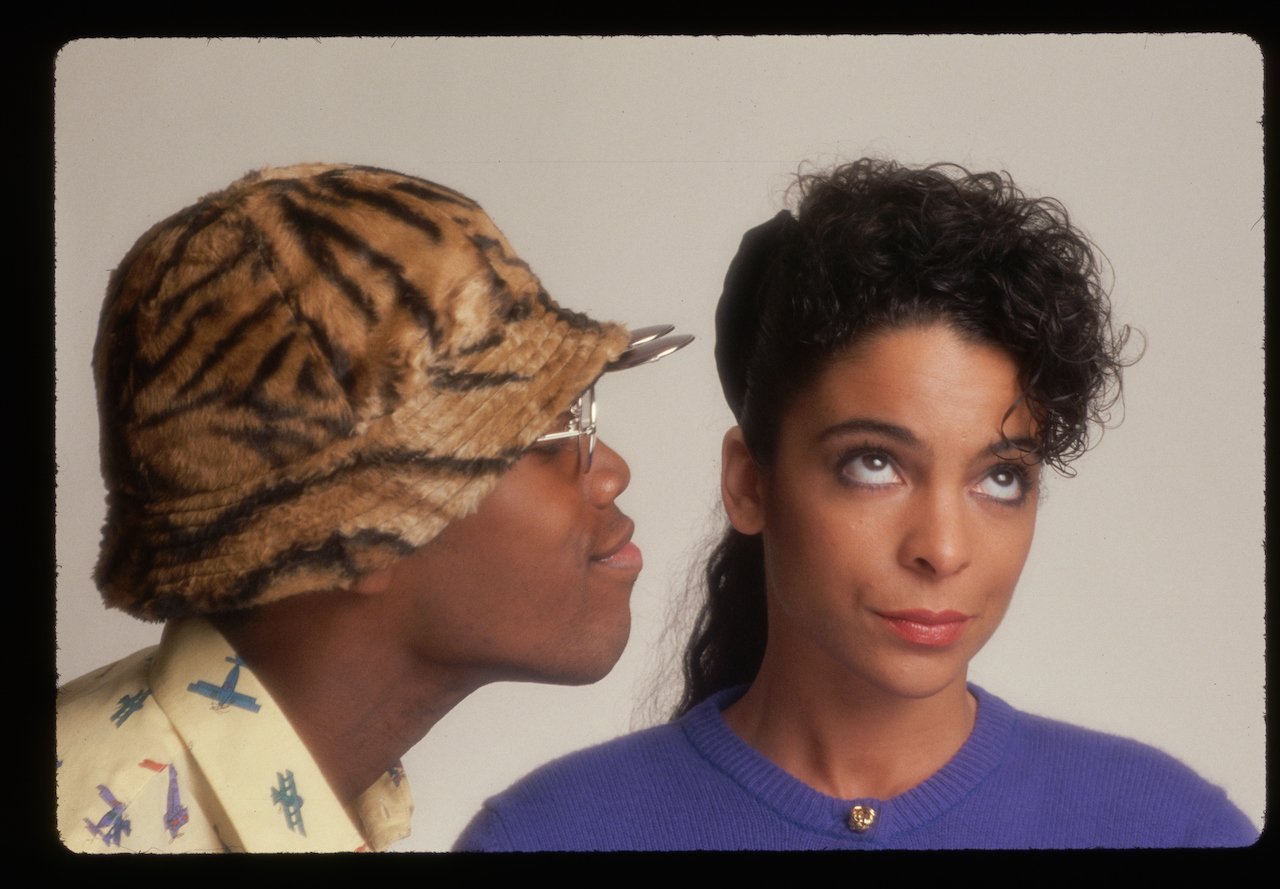
When The Cosby Show spinoff A Different World premiered, it changed the course of American television. The show depicted life at a fictional historically Black college in Virginia, sparking a rise in enrollment at HBCUs across the country. Unfortunately, the show was unexpectedly cancelled, and without proper warning. Jasmine Guy says the change came late in the game, and it was racially motivated by gatekeepers in Hollywood.
‘A Different World’ was a rating success throughout its run
From its debut in 1987, the show aired between The Cosby Show and Cheers on Thursday night. It ranked first or second among African American viewers during most of its run.
But in its sixth season, the show’s time period was changed. Its ranking significantly dropped also, down to the 71st spot. In January 1993, NBC placed the show on hiatus because of low ratings. Subsequently, the network announced the cancellation of the show.
Luckily, Season 6 didn’t leave any major cliffhangers. The show remains in syndication currently and is also available for viewership on several streaming platforms.
Jasmine Guy says the time slot change of the show was racially motivated and caused the show to end
Despite its success and never leaving the Top 3, producers made a switch in its final season that would hugely impact viewership. Guy told the hosts of The Breakfast Club that the change was unwarranted.
“Our last season.. [we were] number 2 or number 1 sometimes for 5, 6, 7 years. Why would you change our time slot? And why would you put us up against ‘Martin’? I definitely took that personally,” she said. “You ain’t got but two black shows on the network, so you put us at the same time against each other? What have we done to deserve this kind of disservice? We’re not competing with ‘Martin.’ We come on at 8:30, they come on at 8, why did you move us? That was a detriment… We weren’t strong enough to hold another time slot and not against ‘Martin.’”
Guy says the switch was racially motivated. It forced viewers to choose which show to watch on differing networks. “I feel like we have the same audience, so what do white people do, divide. You got two hit shows, let’s put them on at the same time,” she added. “They don’t do that to their own shows. I feel like it was deliberate I feel like it was racist. I know who was running NBC at the time, and I don’t feel we were respected.” Ultimately, Martin won.
The cast also had to fight for better pay
In addition to fighting to keep their viewership, Kadeem Hardison says he learned that they weren’t paid adequately. “I went and did ‘White Men Can’t Jump’ and met Woody Harrelson, and he was doing [the show] ‘Cheers’. He kinda let me in on what he was making, and I was like, ‘What?!’” he explained.

From there, the cast individually demanded better pay. They eventually were given raises. Producer Debbie Allen also ensured that they had equal opportunities for career advancement within the show. She put a clause in their contract that the main cast members had the chance to write or direct one or two episodes a season.
